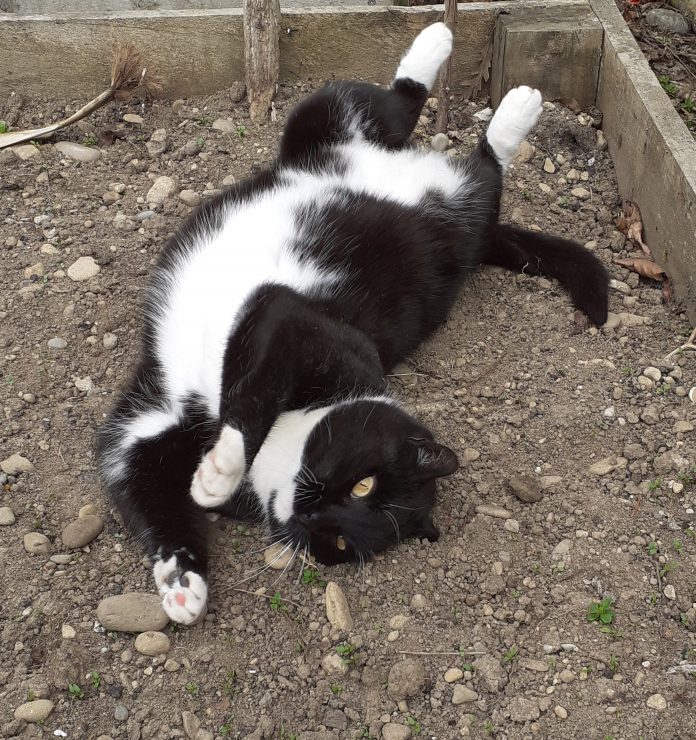
Ideas, nearly as many as the hairs on a cat’s back, flowed at a Gore District Council workshop last week.
The workshop was chaired by policy and regulatory committee chairman Cr Keith Hovell and cats were up for discussion.
Cr Hovell said the workshop was a discussion of ideas which could help staff formulate the policy.
“ Anything said in the following session. . .does not reflect council policy nor should it reflect the views of any person who makes that.
“We are sharing ideas for the sake of discussion.”
Councillors had opted for a cat policy rather than a bylaw, Cr Hovell said.
Usually when writing a policy, staff researched what other councils did but he understood no other council had a cat policy, although some had bylaws dealing with cat ownership.
He asked councillors what they thought a cat policy should achieve.
Cr Robert McKenzie said the council did not have the funds available to provide a cat shelter.
“We need to encourage microchipping and we need to encourage getting them fixed.”
Owners also needed encouraging to look after their pets, he said.
The policy needed to achieve less stray cats in the town, he said.
Crs Stewart MacDonell and Joe Stringer said they preferred there were no stray cats.
Councillors explored some of the other issues involving cats.
Cr MacDonell said cats ate the birdlife.
Interim chief executive Steve Parry said cats were not easy to control.
“The attitudes of a dog wandering versus a cat wandering in the community are quite different.”
Cr Dickson said cats caused problems in gardens.
Cr Hovell said there were positives about cats.
“In my household they were great at catching the rats and mice and I know people out in the country have cats that catch the rabbits.”
Councillors then considered how the policy would be apply to companion, stray and feral cats.
Cr Dickson believed companion cats should be desexed and microchipped.
Cr Hovell said if there was no bylaw to make desexing and microchipping compulsory, then educating people was important.
Councillors were adamant that people should not be allowed to keep as many cats as they wanted.
Cr McKenzie said if people had lots of cats it would annoy the neighbours.
Cr Bronwyn Reid said keeping cats inside at night could stop some of the nuisance value.
Cr Hovell said there was money available to help with the cost of desexing.
There was not much argument against feral cats being humanely euthanised.
What to do with stray cats was more difficult as some were socialised and some were not, Cr Hovell said.
“Do we really want to consider strays a pest?”
There were volunteers in the community working at reducing the numbers of stray cats, he said.
Cr Dickson said there were now too many stray cats for the volunteers to cope with.
“Some of them are overburdened and can’t afford to keep them any longer.”
Cr Neville Phillips said desexing the stray cats and releasing them back into the colony would eventually lead to the colony dying out.
The council had a role in decreasing the number of cat colonies because of how destructive they were, he said.
“They empty the rubbish tins in town … they’re not a good look.”
There were stray cats that could be rehomed and others that could not, he said.
Mr Parry said the cat working party identified the district needed a cat shelter and staff were in the process of costing a shelter.
“We’ll put a report to a financial workshop for the LTP [long-term plan] process so it can be considered as a potential project and rated in its priority against other projects.”




